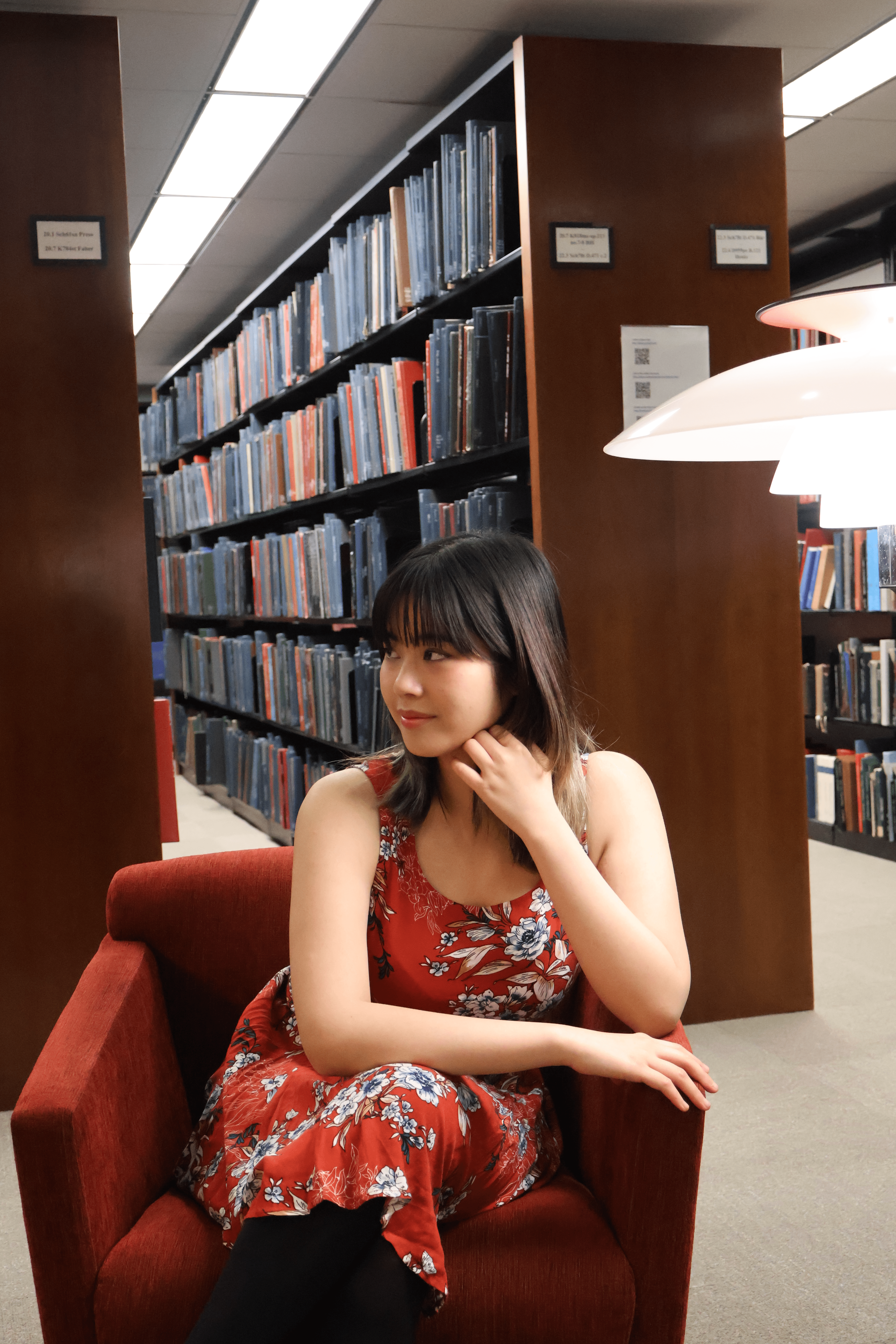We caught up with the brilliant and insightful Nichagarn Chiracharasporn a few weeks ago and have shared our conversation below.
Nichagarn, appreciate you joining us today. I’m sure there have been days where the challenges of being an artist or creative force you to think about what it would be like to just have a regular job. When’s the last time you felt that way? Did you have any insights from the experience?
I have been pursuing music seriously since I was 15 years old. I went to pre-college for classical piano during my high school time and then I got accepted to Juilliard for composition which is what I have always wanted to do, As of now, I am moving to LA this fall 2024 to study Master in composition at UCLA with the hope to branch of my career scope into composing for film music. All the time I have been on this path, I have never once thought of regular job until this year which is my last year of undergraduate.
Maybe it was the combination of burning out and anxiousness, nevertheless, my concern was very much real and relatable to many artists and people in creative field. I feel like I pick the right career for my passion but the wrong career for what I need, which is stability. I am happy with my work and my community I have built, however, sometimes I wish that I can see where my career is heading in the next three to five years. I have met a lot of folks where this aspect of being an artist is appealing and charming to them, the “not knowing”. For me, my goal has been to try to make my career in art and music works and make a living with it even though it may be difficult.
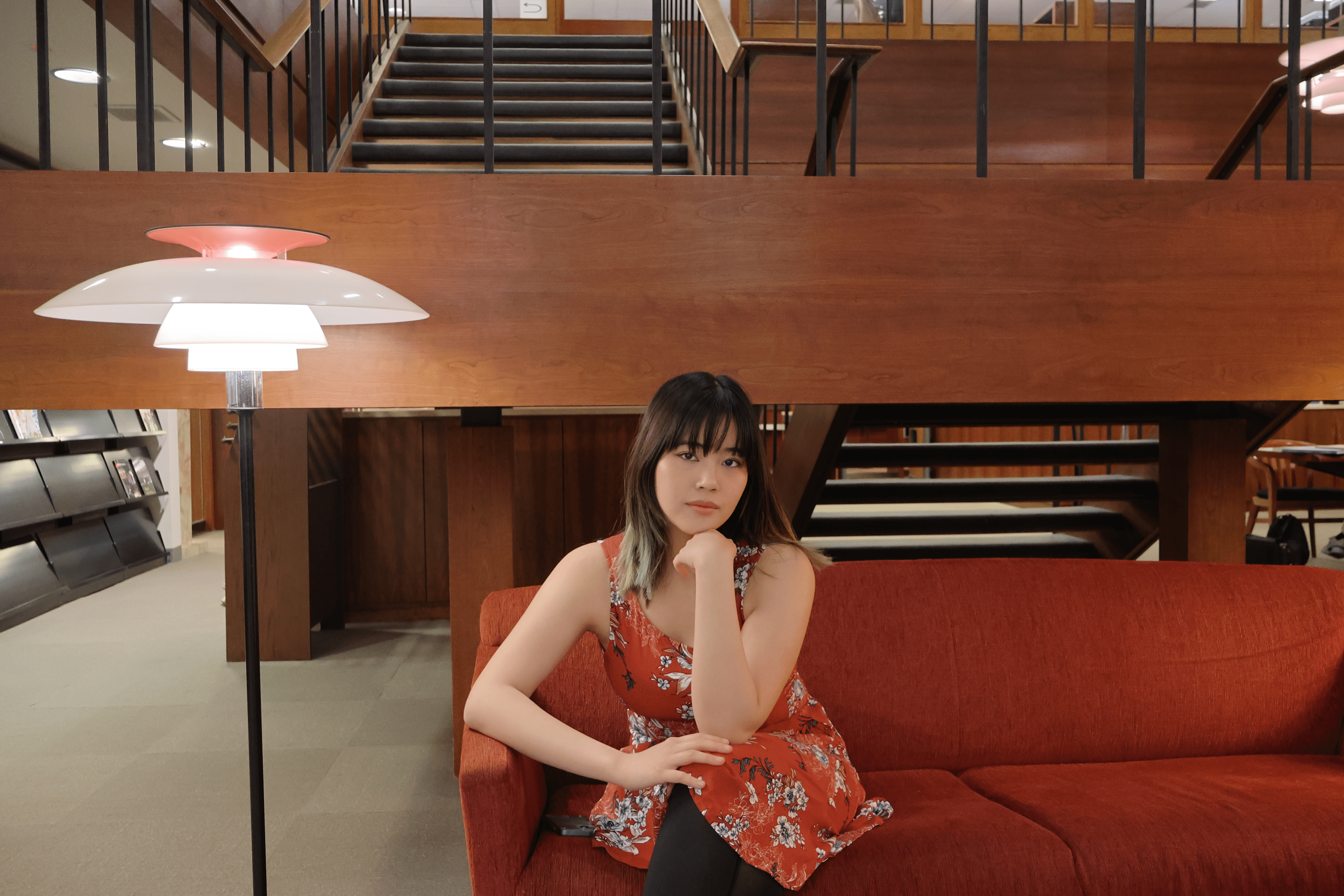
Nichagarn, before we move on to more of these sorts of questions, can you take some time to bring our readers up to speed on you and what you do?
I started leaning piano when I was 4 years old. It wasn’t anything serious until I was 14, burning out from being in a very competitive public school where your worth is your grade. I remember specifically about one day at a gym class where I did poorly. I was so done with regular school and I told myself that I will not go into stem for sure, I will do music, I will do what I love and the rest is up to the future. I then worked really hard to get into pre-college program for young artist in my home country, Thailand. I fortunately got accepted for classical piano and that was the beginning. At first it was not anywhere near glamorous, well, I did try to get into music to avoid doing stem because I thought music studies would not be too hard, which is not the best mindset. It was challenging at first for me because playing music for fun is so different from pursuing it seriously, and that was not cross my mind as a 15 years old. I could have given up, but I considered myself lucky because I turned out to like it even more. I have a friend who went to the same pre-college program and ended up dropping out because she thought learning music would be easier than stem (which was the same reason for me). During my time in high school, I discovered composition which would later become my main focus. After high school I decided on composition over piano performance and I got accepted to Juilliard. I got to explore a bunch of musical styles and aesthetics as well as working with amazing musicians friends who have been making my college experience nothing but wonderful. There were inspiring time as well as depressing time.
When I was a sophomore in college, I experienced a writer’s block which led to a lack of motivation to write music. I had a dilemma within myself, and a dilemma within the field of the new music world. I was unsure about what kind of music I wanted to make and where I positioned myself as a composer of the 21st century. I struggled with finding a reason to compose because I was overthinking about my career path after school. The thought of the unpredictability within the field made me question whether composing was the right choice for me. I questioned what it means to be a contemporary composer in this day and age.“Who am I writing music for? How will I make a career out of it? Will I have to compromise myself artistically in order to make a living and please audiences? To what extent is my musical language shaped by the community around me? Will my peers take me seriously if I write the music that is most true to who I am?” These were the questions that I asked myself then and am still trying to answer to this day.
At times, I felt like there was less and less hope for me to continue in this field because I did not know if I loved doing it enough to put up with the difficulty of making a career as a composer. I finally brought this topic to my teacher one day and he advised me that I would be better off for now to just “be naive” and write as much music as I could while I was still in school. My teacher understood my struggle since he was in my position at my age before. He understood how hard it is to be an artist and that one needs a very strong will and perseverance to keep going. His advice seemed silly at first since it was completely out of my expectation. I thought, “You tell me to not think about my future when I am so worried about it that I cannot find inspiration?” However, I told myself that maybe for now, I have to put my worries aside and take advantage of being an undergraduate student. I can make as many mistakes as I must in order to learn about it now rather than worrying about making mistakes and not getting to try anything. I can experiment more with different aesthetics and compositional techniques without having to rush to find my own “unique voice.” Of course, there are times that I get off track and fall into the spiral of thoughts about my worries, but I must always remind myself to get back up and just write.
After I took my teacher’s advice, I started getting back into the routine of composing. I tried to shift my way of thinking from focusing on trying to finish a piece to focusing on the process of writing and being present with it instead. I focus more on building a habit of writing everyday and when I am not writing, I workshop my piece with my musicians, or I practice and play my own piece on piano. This way, I can still keep the creative process going. It was hard at first to rewire my way of thinking, but little by little, I got so much better that I am very confident in my work. I am able to limit my negative thoughts and worries when I compose by myself, and I am happier with the work and progress I have been making and excited for the upcoming project!
Right now, I am excited to move to LA to do my master in composition and I am near the end for my undergrad journey. I still don’t know what my future holds, but I am doing much better in terms of not letting my worries trap me and disrupt my artistic process. The obstacles that I had when I was a sophomore have not completely gone away, but it is much more manageable and somehow, I am grateful that it happened. I used to regret how little I wrote that year, but maybe I needed that to happen to me to realize how important it is to keep doing what I am doing and to keep pushing myself.
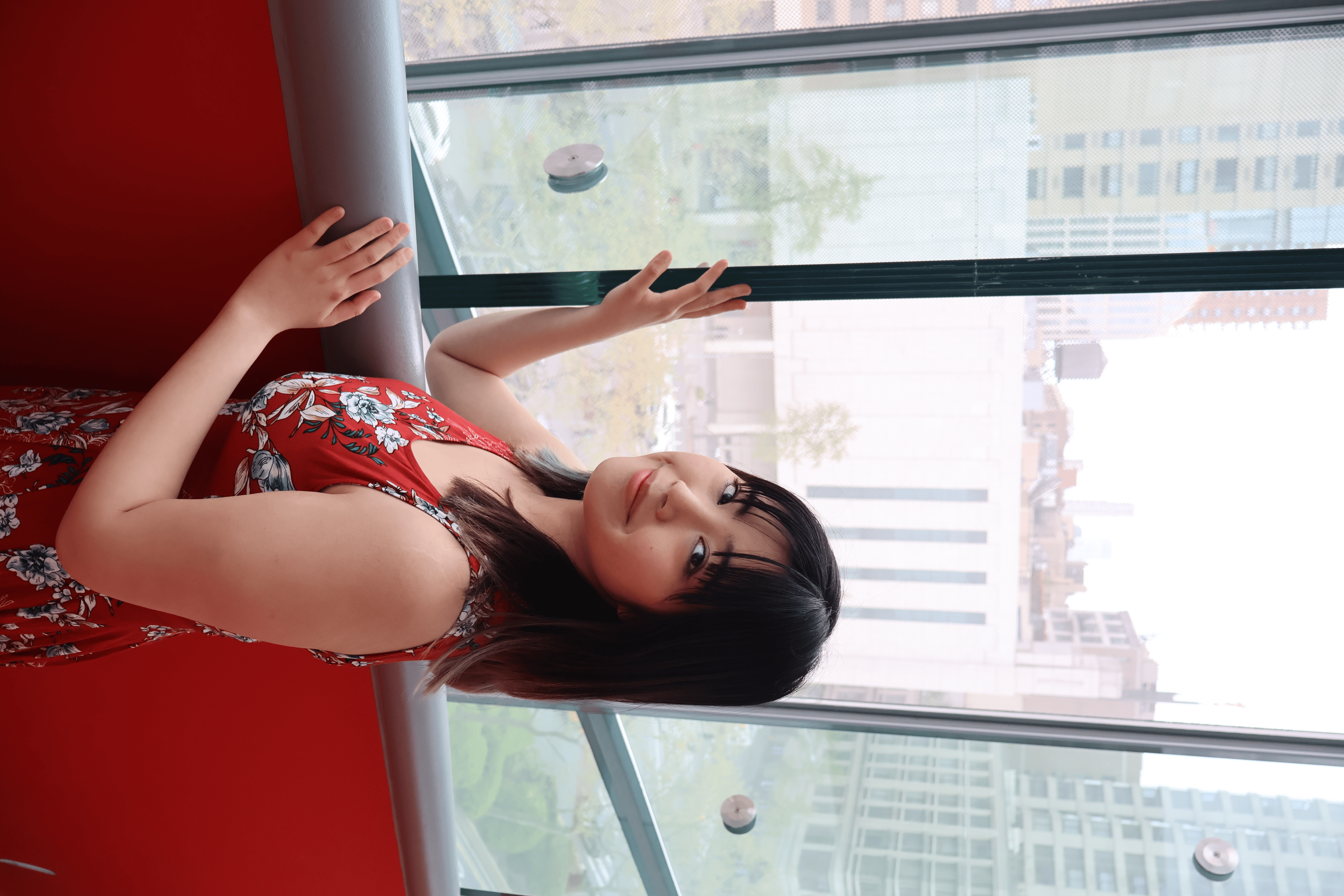
What do you find most rewarding about being a creative?
My best experience of being a composer is not from sitting by myself trying to write music (although that can sometimes be fun) my best experience are from collaborating with musicians and artists! As an artist whose specialty is classical contemporary music and new music, live collaboration is something I am very familiar with. Getting to work with musicians is one of my most fulfilling parts of the process. The rehearsal process is as important as the finished product and, as nerve wracking as it can be, it is very fun to see my piece slowly come to life. Every musician I have worked with may come from the same background or training, but it has always fascinated me of how wide of a range of interpretation that they can bring to my music. The ability to translate abstract ideas to a logical description has been something that I am still working on and getting better throughout my years in my undergraduate program.
I love to make more art and meet more people who do not necessarily come from the same background. Which is why I love composing because it can bring me so many more new opportunities to learn about other art form. I envision myself as an artist and composer who is able to convey my music artistically and emotionally to everyone. My goal for myself in the future is to translate the same skill I have for concert music and use it to collaborate with people from different fields, such as in visual media arts, dance and many more.
My interest also lies in composing for visual media as mentioned. Music in film for me is also a memory capsule. There are some scores from movies that left an important footprint on my childhood. Every time that I hear these film scores, I feel as if I get to relive my memory from when I first experienced it. Someday, I hope to leave some memory footprint in the form of music for anyone of any age.
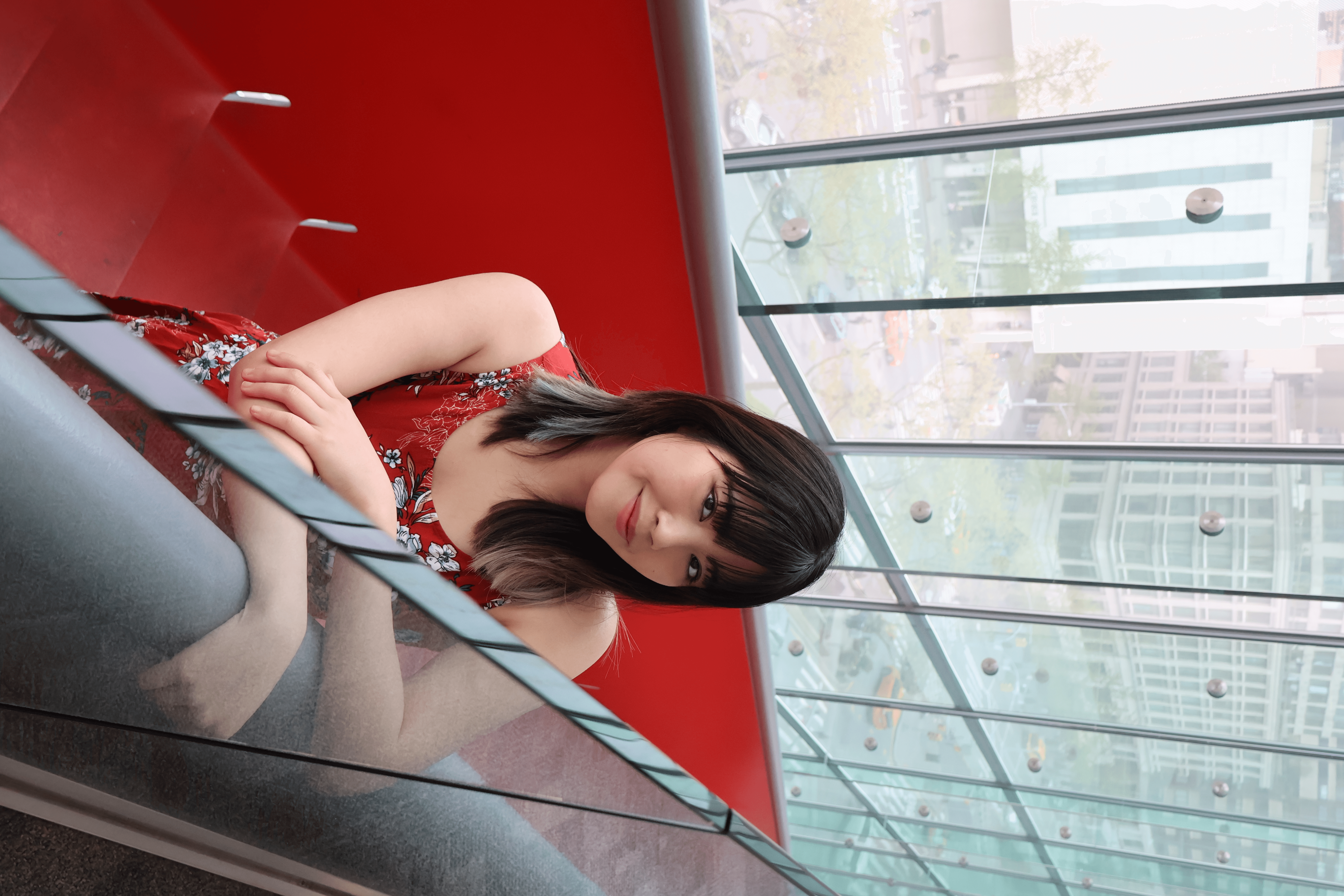
Do you think there is something that non-creatives might struggle to understand about your journey as a creative? Maybe you can shed some light?
Many people think arts/music and creative field are self indulgent and where that we “get to follow our passion”which is partly true however, it is just a tip to an iceberg. A lot of artist also struggle to find their identity, fight with the current industry trend and many more things beyond our control. I got a lot of assumption that I must be happy all the time because “music is fun”. I believe that we can find joy in any field works as well as pain. Music was purely fun to be when it was just a hobby, but when it’s a career, it has become my life and my identity. We struggle to find a stable job where the current industry is very oversaturated (as a trade off to our “passion”), we struggle to be inspired all the time, we struggle with out imposter syndrome, we struggle when we practice for the “perfection” and “finish products” for the performance. Our performance, music or arts is just a tip of an iceberg of what we have to go through to gain that. There are a lot of hours involve in making and practicing the arts and especially if you are a trained classical musician, there is a long history baggage of what should be acceptable and unacceptable, to find the line between continuing the tradition while trying to be creative is something much challenging.
Contact Info:
- Website: https://www.nichagarncomposer.com/
- Instagram: https://www.instagram.com/nninaa_nichagarn/
- Facebook: https://www.facebook.com/nina.chiracharasporn
- Soundcloud: https://soundcloud.com/nichagarn-chiracharasporn
- Other: https://www.youtube.com/channel/UCUVJDFudrgrfiKLvv1GdXWA
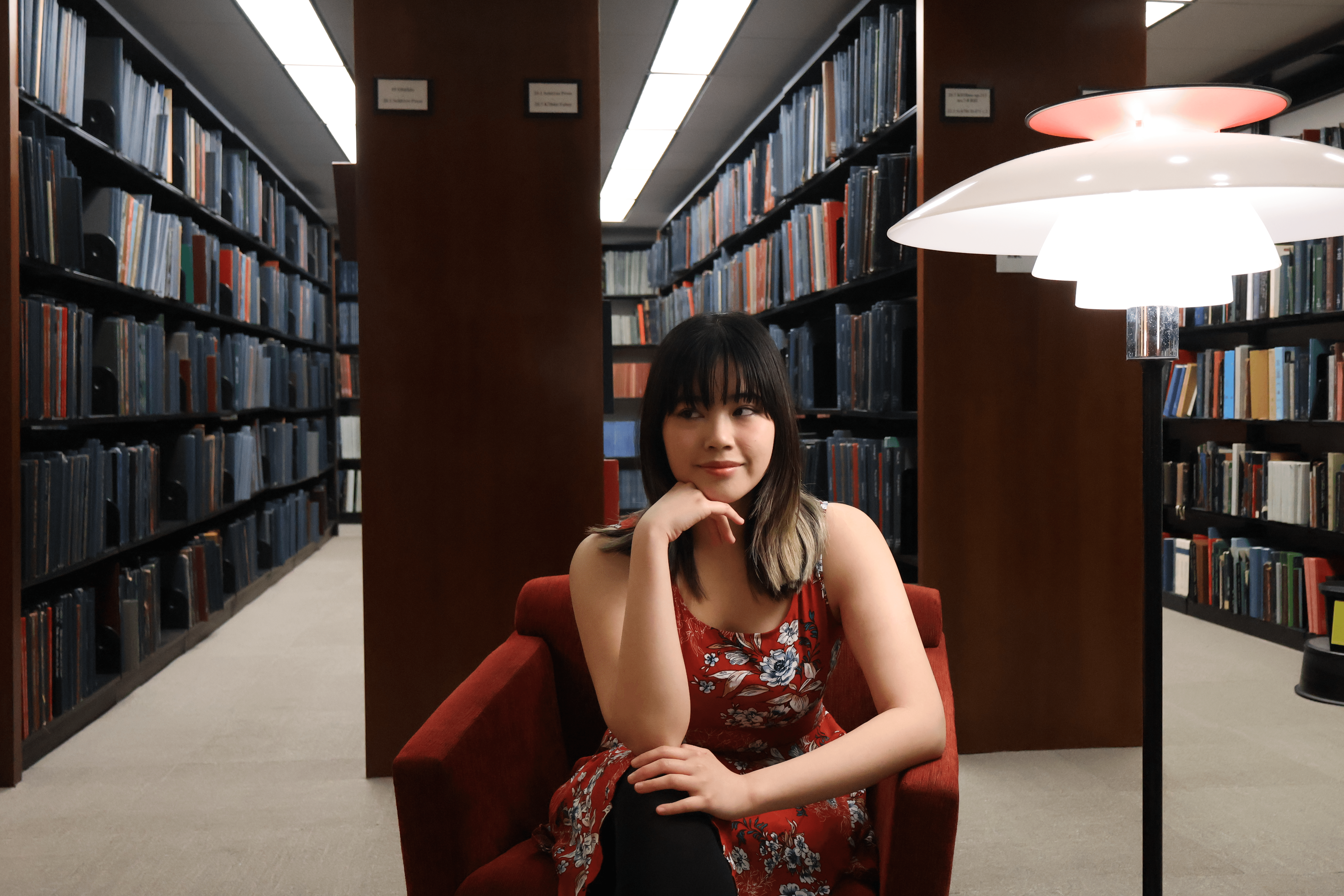
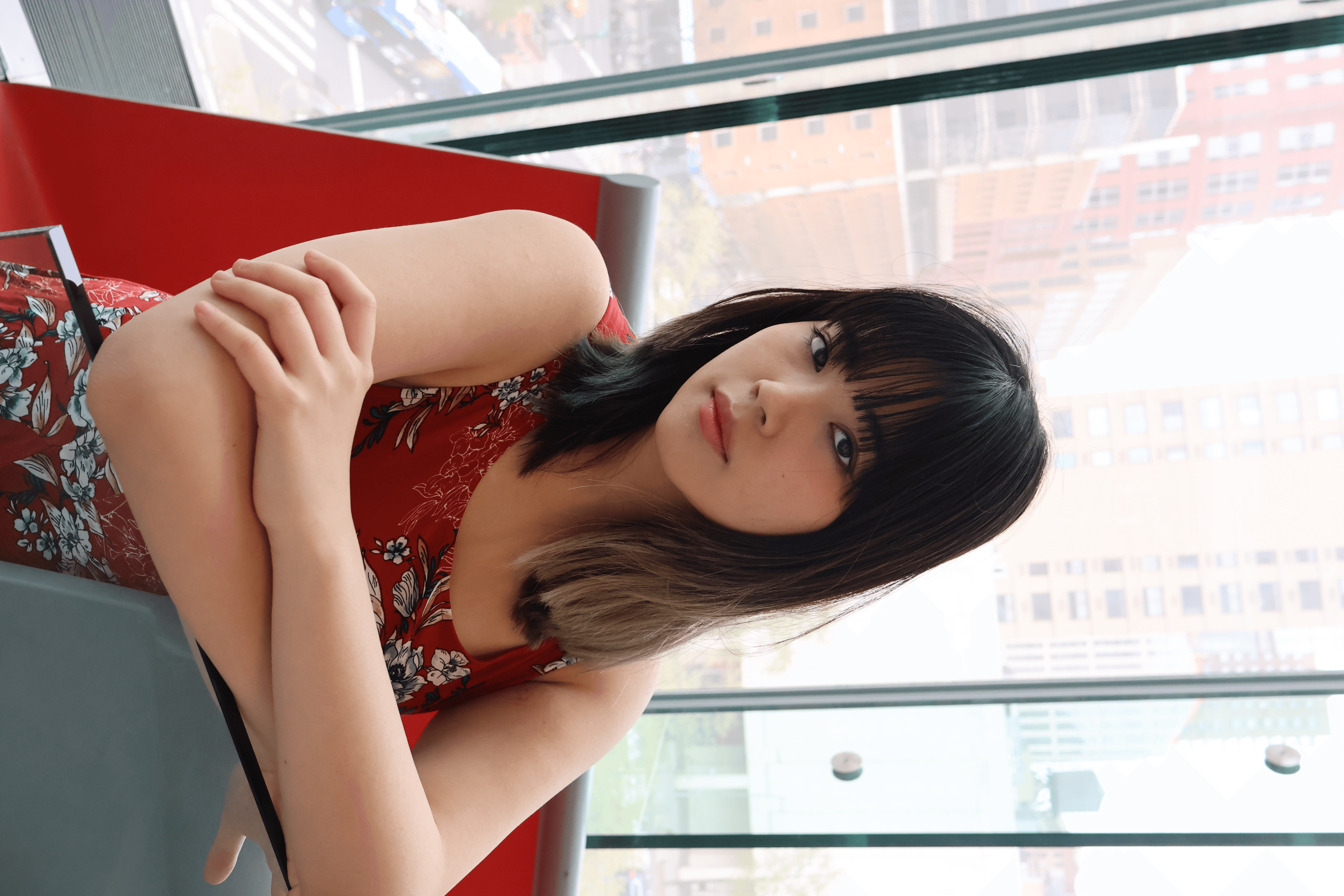
Image Credits
Nicole Liu


